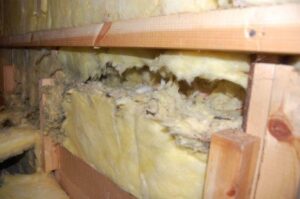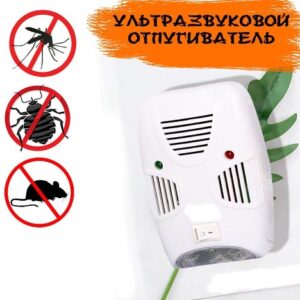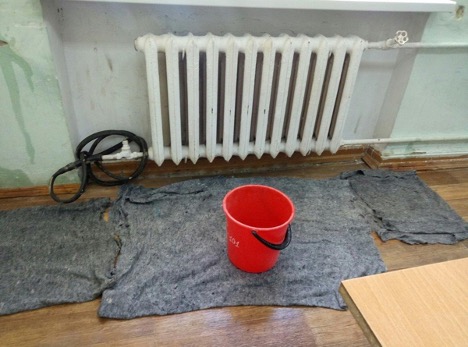Drywall, SIP and mice: do rodents live in the panels and what to do with them
Not everyone can tell if mice chew drywall. The material appears to be inedible, so it should not attract pests. They don't actually feed on the leaves, but they chew through them very easily to make tunnels. Therefore, it is important to take care of preventing such phenomena. To do this, it is recommended to use the methods described below.
The content of the article
Do rodents eat drywall?
First of all, you need to figure out whether rodents eat plasterboard leaves. Oddly enough, the answer to this question is negative. In fact, neither rats, mice, nor other rodents eat drywall or other building materials. They are inedible and some are even toxic.
But this does not mean that plasterboard sheets are not at risk. Mice actually quite often gnaw small and even relatively large holes in them to make passages. So they secretly move in the inner parts of the house, if necessary, hide and spend the night in the warmth.

There is no doubt whether mice live in SIP panels. They create burrows there, in which they can winter, feed, and even reproduce. The fact is that rodents have very sharp teeth, which change several times during their lives. With their help, they destroy concrete, wood, and especially drywall.
Ways to fight
Therefore, there is no doubt about whether a mouse can chew through drywall.This is more than realistic, especially considering that it is warmer in the wall compared to the underground. Rodents move there for the winter, and at night you can often hear a characteristic rustling sound.

Therefore, it makes sense to think through reliable methods of protection against uninvited guests that would be effective and at the same time safe for humans. You can get a cat, but it doesn’t always help, because a lot depends on the character and aggressiveness of the animal. It's better to consider other options:
- install ultrasonic repellers;
- lay fiberglass along the perimeter - rodents do not like to bite it;
- seal all passages, cracks in the floor, foundation, walls;
- food baits using poison;
- folk remedies - treating walls with essential oils of mint, chamomile, tansy, wormwood or other fragrant herbs.

If this does not help, you will have to call a team of pest control specialists. As a rule, they use special poisons, which are scattered near secret places and gnawed holes. This is an extreme, but quite effective measure that can be resorted to if the population has grown greatly.





